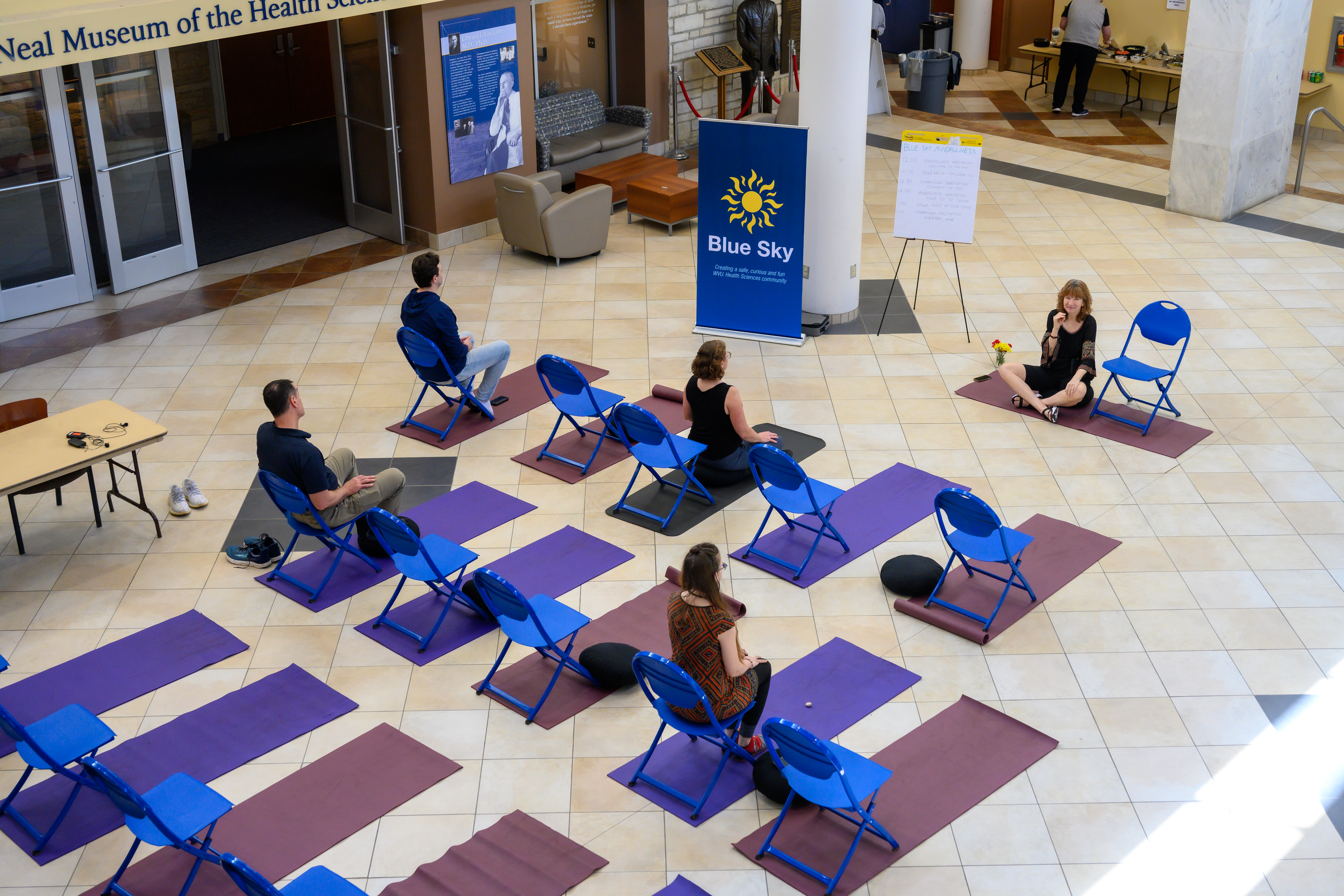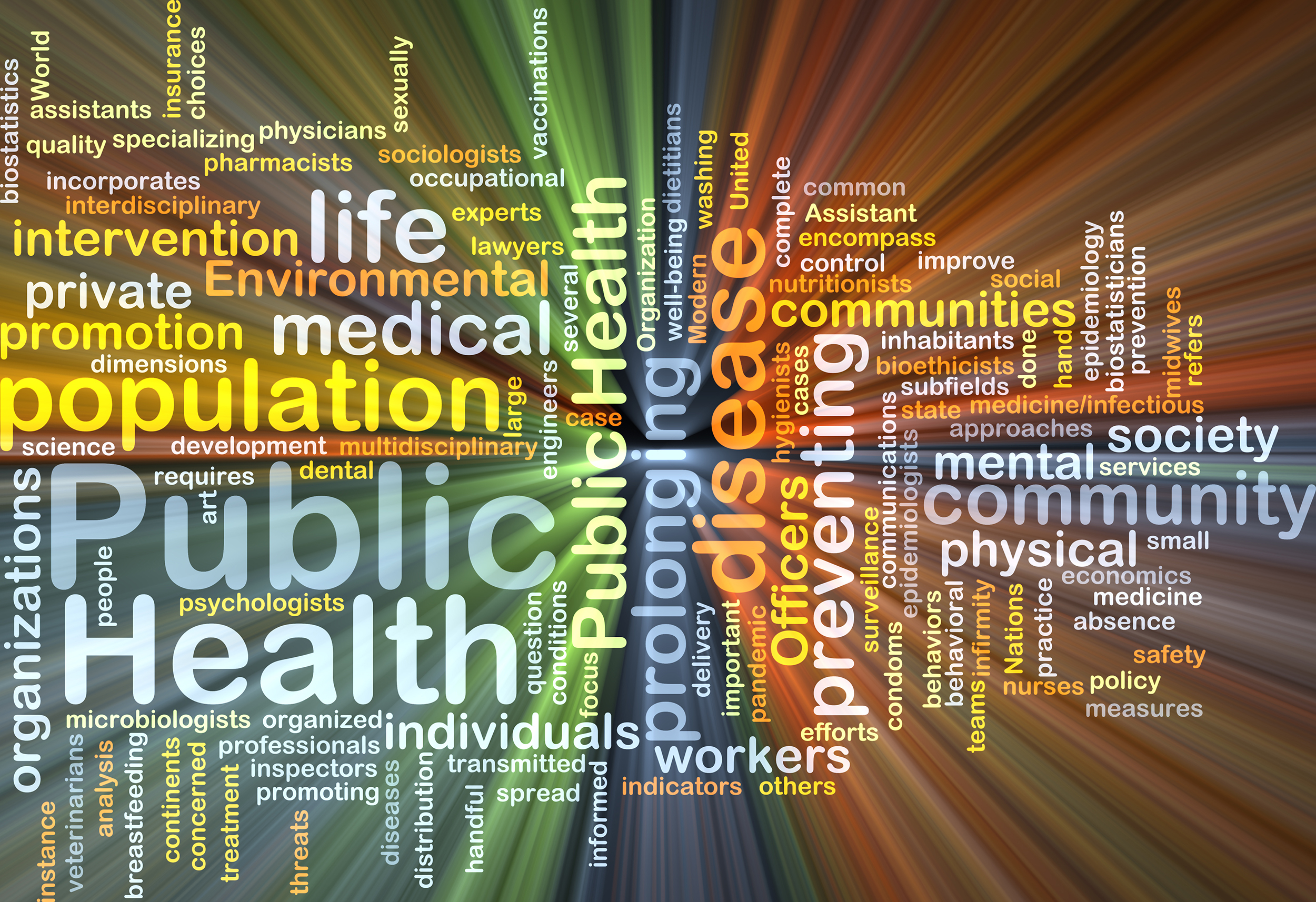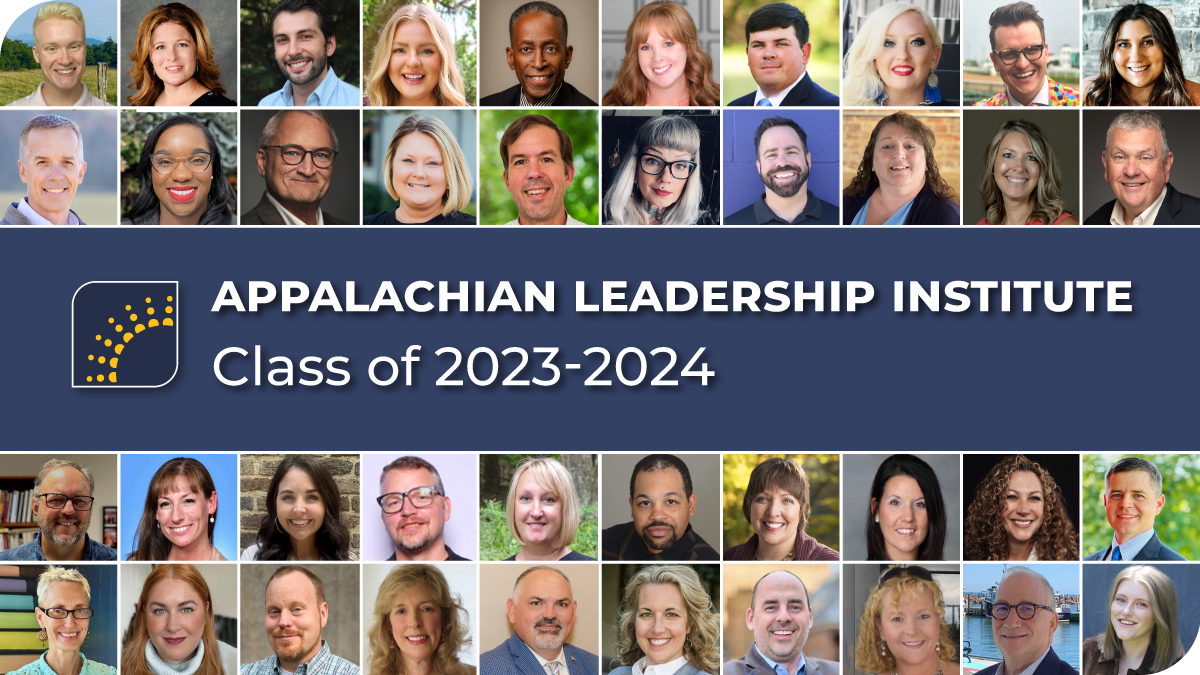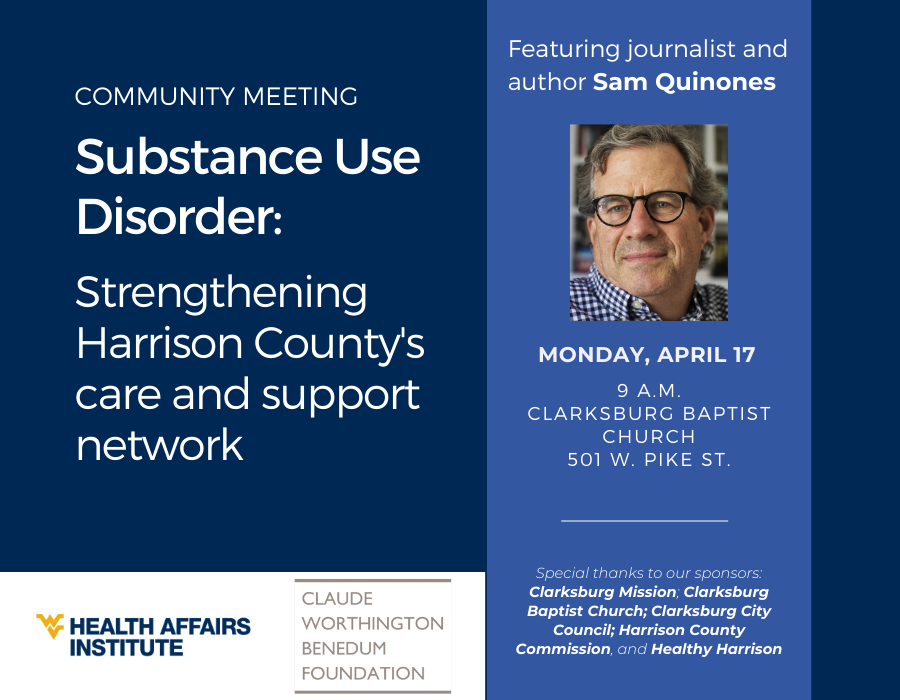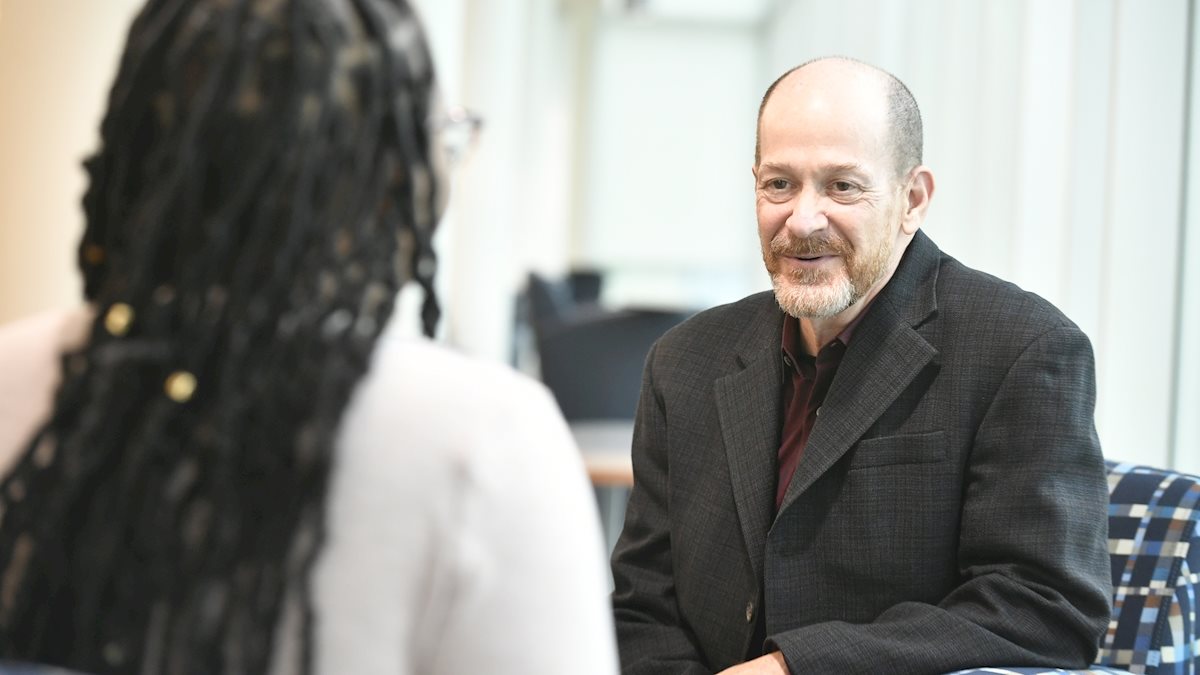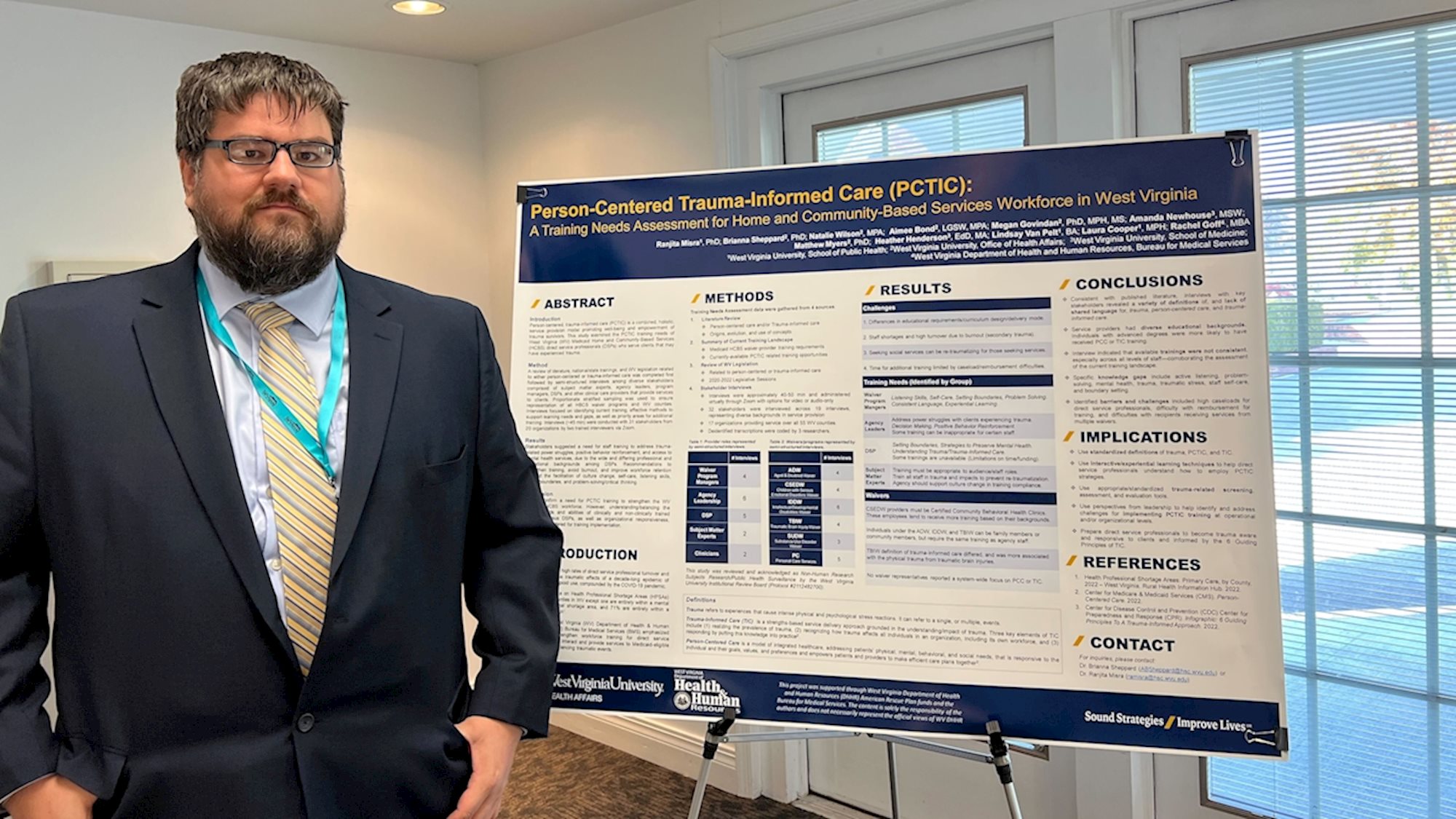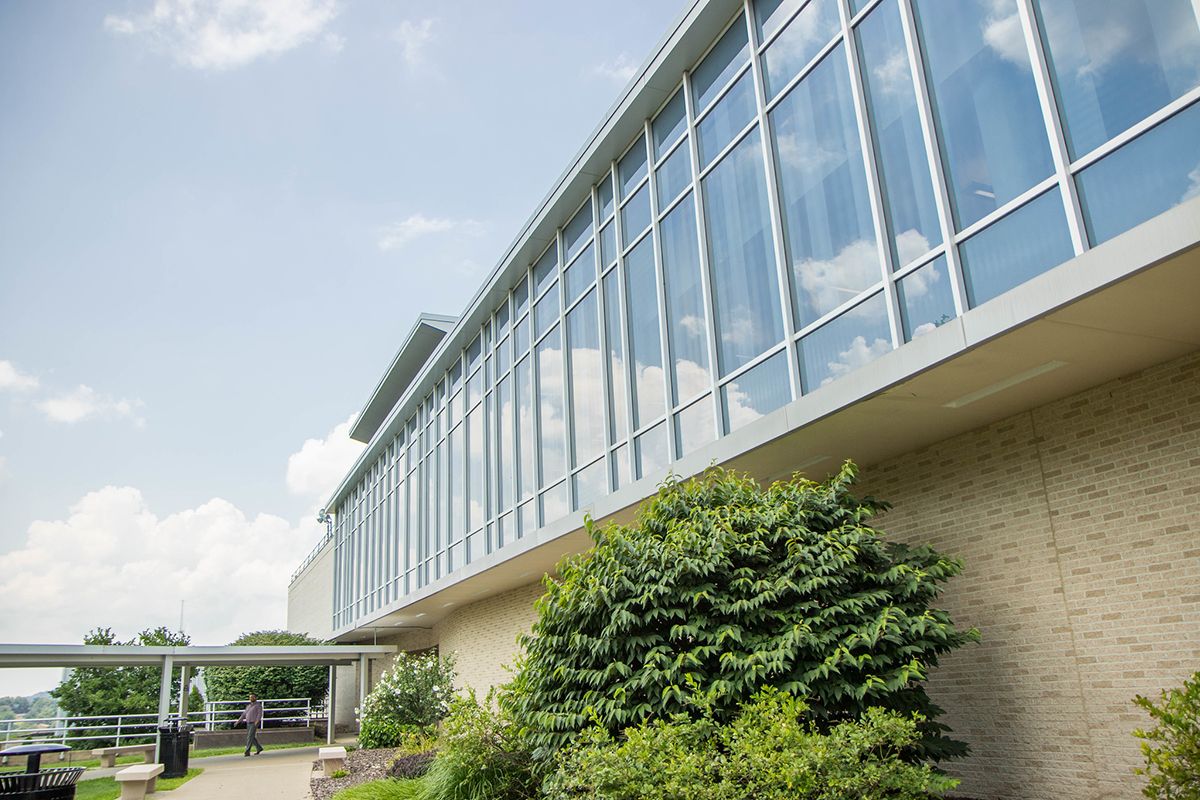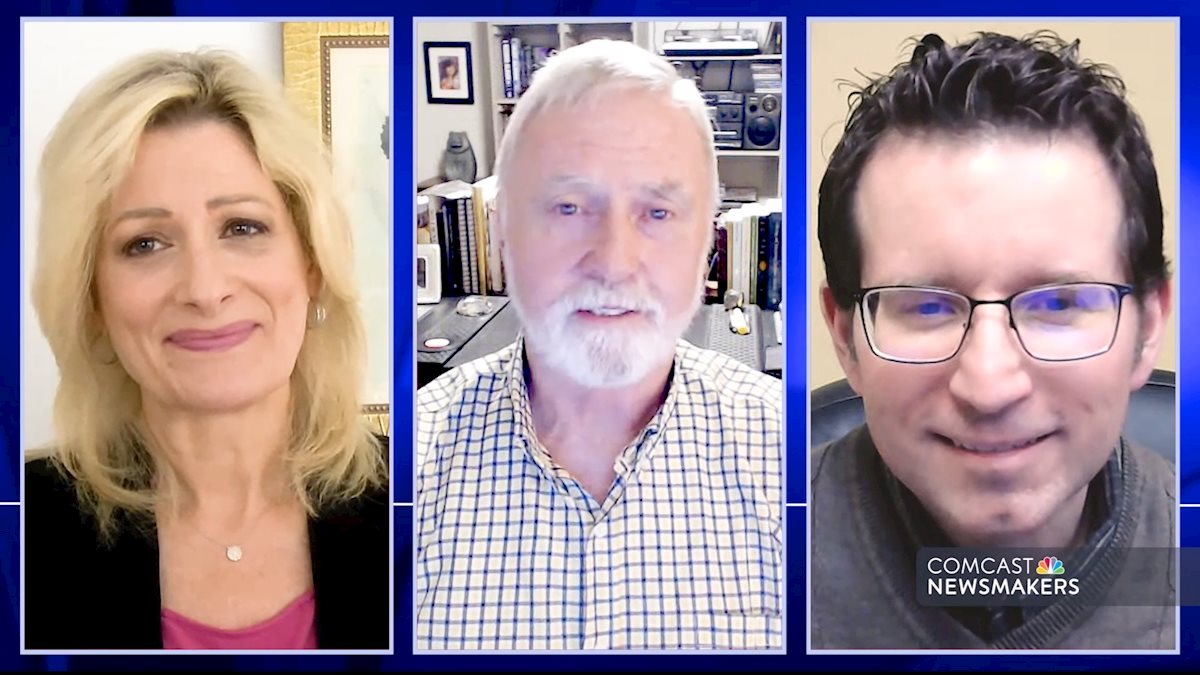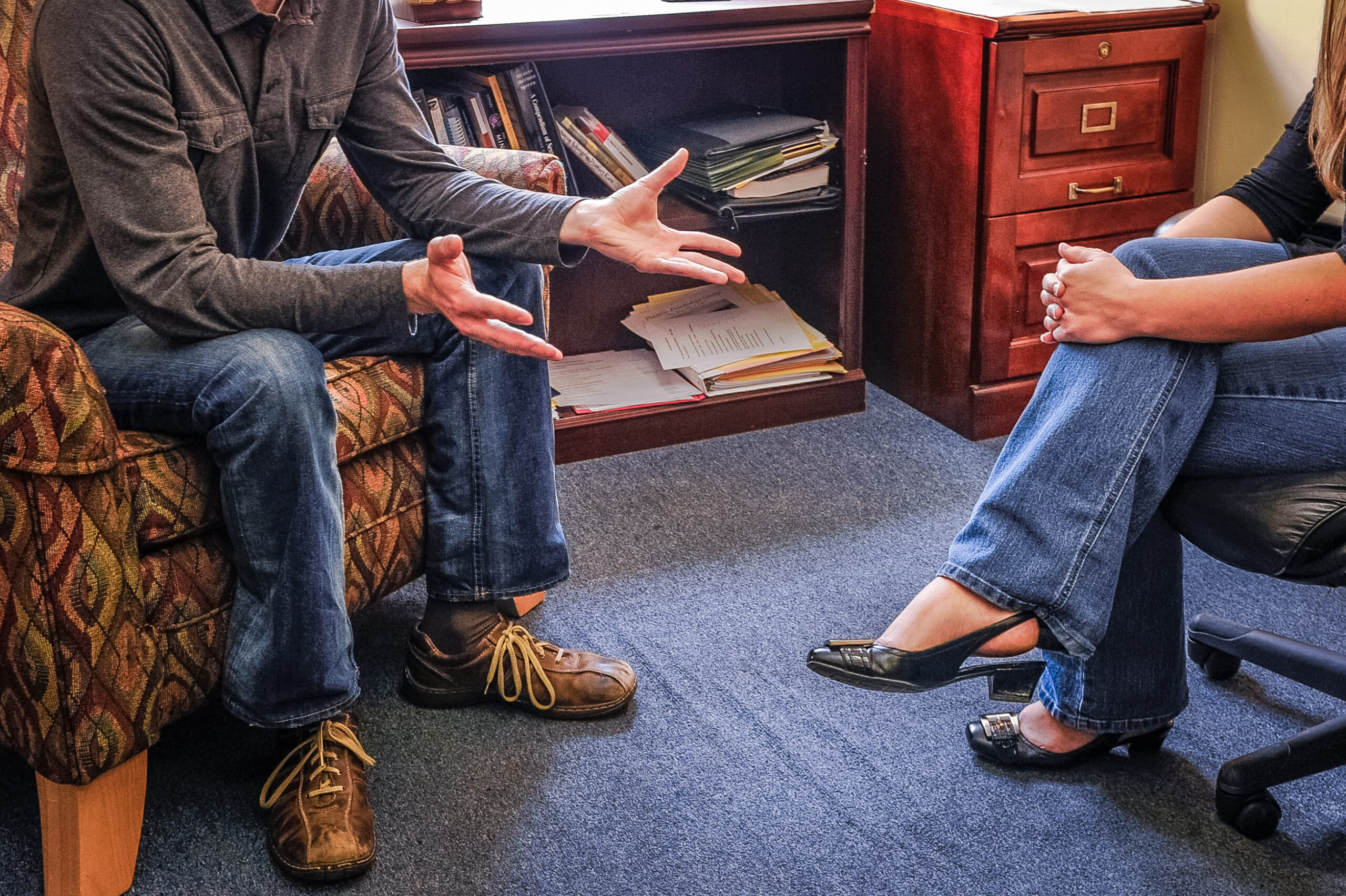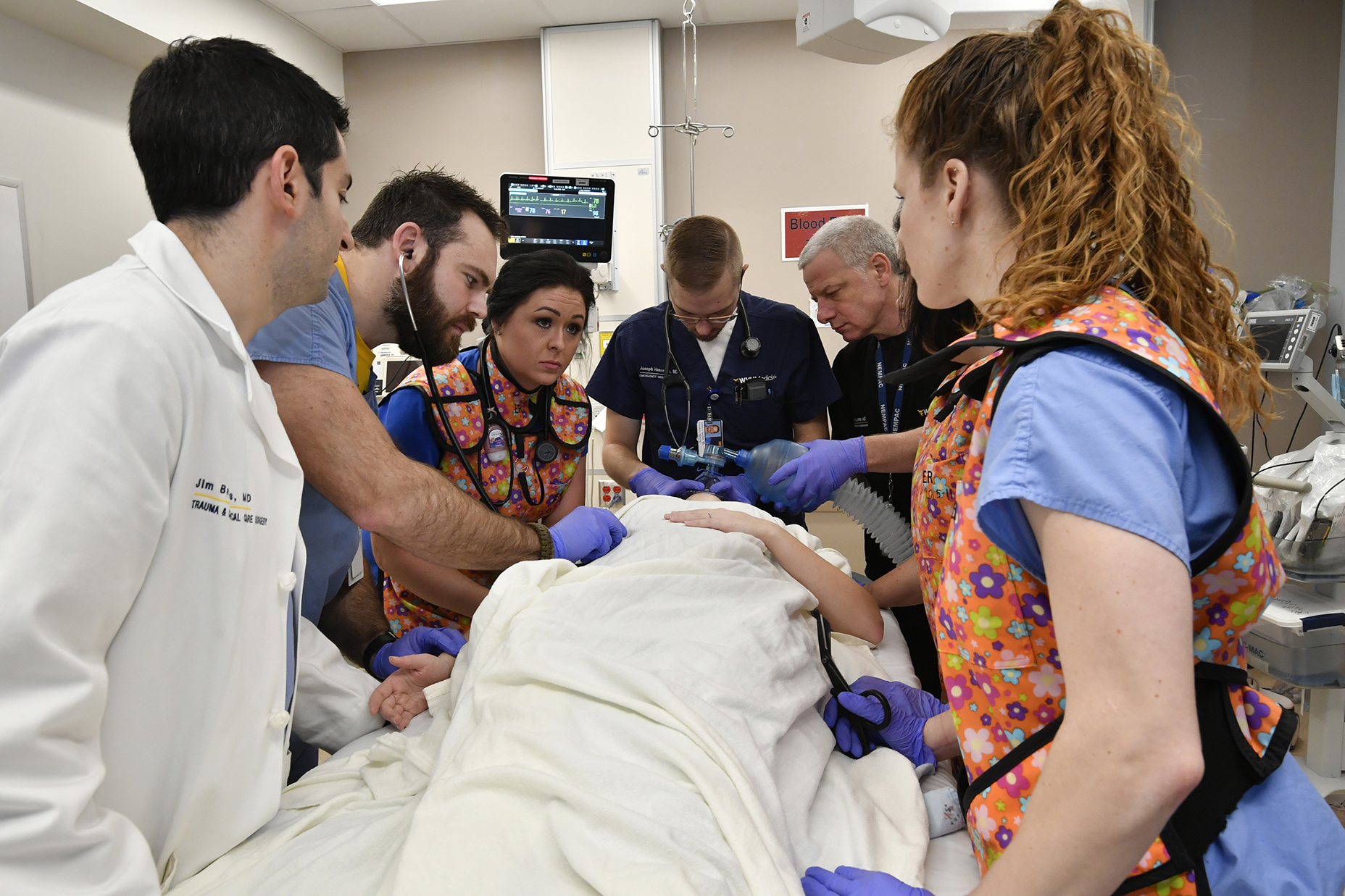Staff Profile: Emily Robinson
 Emily Robinson, WVU Health Affairs Institute Program Manager, spoke with us about her role at Health Affairs, how her upbringing influences her work, and living in the Mountain State.
Emily Robinson, WVU Health Affairs Institute Program Manager, spoke with us about her role at Health Affairs, how her upbringing influences her work, and living in the Mountain State.
Where are you from originally?
Robinson: Huntington. West Virginia’s Jewel City!
What made you want to work at Health Affairs Institute?
The mission. I knew from a young age that I wanted to stay in West Virginia and dig in to make an already great state even better. Before working for Health Affairs, I worked for community-based nonprofits to get firsthand experience of the health concerns that West Virginians are facing. My experience in the field fueled my desire to work for an organization that could make a large impact on West Virginia. Health Affairs is helping me fulfill a lifelong career goal.
What’s it like working in West Virginia?
Working in West Virginia is amazing. I live in Charleston that has a lot of big city perks without the big city headaches (e.g., high cost of living, crowded, traffic). Additionally, you can reach many of West Virginia’s most noteworthy beautiful places in a day or less (e.g., New River Gorge National Park, Kanawha Falls, Coopers Rock).

What are some of the most rewarding parts of your work at Health Affairs? Do you have a most impactful “lesson learned”?
The most rewarding parts of my job involve the people I have had the distinct honor to work with, whether they be internal to Health Affairs or our many external partners. Everyone who I have had the pleasure to work with understands the impact and importance of the work we are doing at the institute. Everyone understands that the research we do and the recommendations we make have real life implications for our family, friends, and neighbors who live in West Virginia. We take our work seriously and understand that collaboration is the best way to achieve our shared objectives.
“MATCH is a gamechanger for West Virginia.” — Emily Robinson
While working for the institute, I have had some amazing mentors and role models who have challenged me while also supporting me and investing in my growth. I do not take those opportunities and relationships for granted. Additionally, I have been able to reach a point in my development where I can pay the favor forward and mentor, challenge, and support new team members. The most rewarding part of being a mentor to someone is watching them develop the self confidence needed to deliver the quality of work that changes lives for the better.
What accomplishment(s) during your time with Health Affairs are you most proud of?
My proudest achievement is working as a part of an amazing team to build a first of its kind population-based survey in West Virginia from design, to implementation, to ongoing analysis and data collection. The Mountain State Assessment of Trends in Community Health (MATCH) program will provide sub-state data on some of West Virginia’s most pressing health concerns that were not available before. The data collected by the survey can be used by policymakers, community organizations, and the general public to inform health interventions and strategies that are aimed at improving the health outcomes of our fellow neighbors. MATCH is a gamechanger for West Virginia.
What would you tell potential staff and student hires about Health Affairs?
Health Affairs is a place that will test your limits and help you grow and develop both professionally and personally. The people that I have worked with at Health Affairs have been some of the sincerest, kindest, most intelligent, and humble people I have ever worked with. I would encourage anyone who wants to make an impact in a big way to pursue a career at Health Affairs.
What do you like to listen to or watch while you work?
I love to listen to The National station on Pandora. It is the playlist to my workday.



